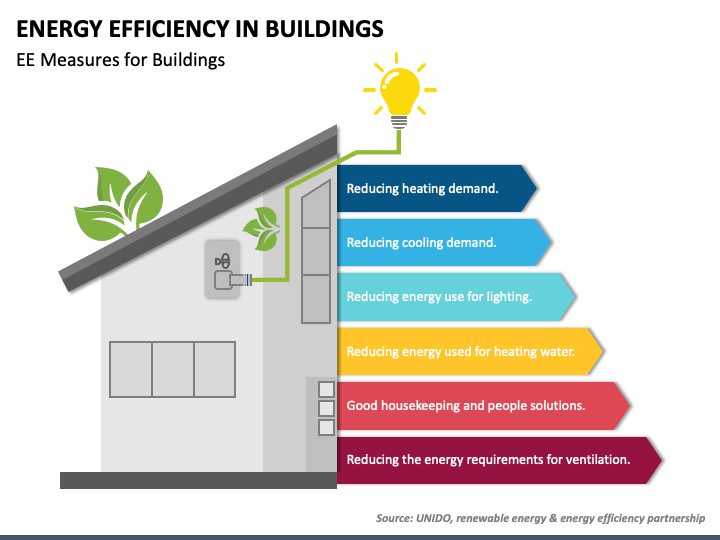Show your support by donating any amount. (Note: We are still technically a for-profit company, so your
contribution is not tax-deductible.)
PayPal Acct:  Feedback:
Feedback: 
Donate to VoyForums (PayPal):
| [ Login ] [ Contact Forum Admin ] [ Main index ] [ Post a new message ] [ Search | Check update time | Archives: 1, 2, 3, [4] ] |
In this blog post are an abundance of succulent pointers around the theme of Non-Domestic Energy Performance Contractors.
Most commercial properties require a non-domestic EPC at the time they are let or sold, however there are a few exceptions so do contact us and we would be happy to advise. An EPC can also be used to provide an indication of how energy efficient the building is and how it can be improved. An EPC is only required for a dwelling that is self-contained, meaning that it does not share essential facilities such as a bathroom/shower room, wc or kitchen with any other dwelling, and that it has its own entrance, either from outside or through common parts, that is not through another unit. Energy Performance Certificates (EPCs) are required for almost all commercial and industrial use buildings, effectively those defined as non-dwellings, when they are constructed, sold, or rented out under Article 7 of the European Energy Performance of Buildings Directive (2002/91/EC), which all European Union member states are required to implement. To tackle this requirement in Britain compliance is covered within the Building Act 2000 Part L as amended 2006 and the Energy Performance of Buildings Directive Statutory Instrument 991:2007 within England and Wales and synonymous legislation in Scotland and Ireland. Net zero, sustainable construction, responsible retrofit, water neutrality. There are a lot of phrases to get your head around. But it’s simple, really. Energy efficiency is taking steps to lower your energy use in order to minimise carbon commissions and, as a result, do your bit to tackle climate change. Improving energy efficiency is the best long term solution to tackling fuel poverty and is integral to achieving the fuel poverty target and interim milestones. The UK is making good progress here. There are 1.2 million fewer low-income households living in the least energy efficient homes (Band E, F or G) today compared to 2010. DECs show visitors to the building how energy-efficient it is overall; how much carbon dioxide it emits and how the energy is mainly used. It details what type of fuel provides the main heating and how much energy comes from renewable sources. The advisory report looks at different aspects of the building such as its construction; the heating; ventilation and lighting all, of which, have an impact on the building’s energy-efficiency.
|
Forum timezone: GMT-8 VF Version: 3.00b, ConfDB: Before posting please read our privacy policy. VoyForums(tm) is a Free Service from Voyager Info-Systems. Copyright © 1998-2019 Voyager Info-Systems. All Rights Reserved. |